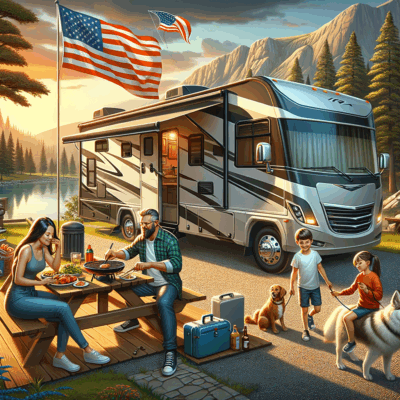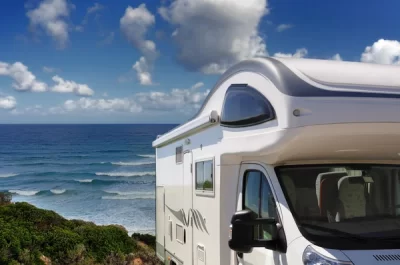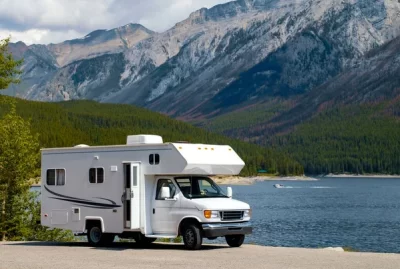The Freedom of the Open Road: Why RV Living Is Gaining Popularity
In recent years, the idea of living and traveling in a recreational vehicle (RV) has shifted from a niche lifestyle to a mainstream dream. Whether it’s retirees exploring national parks, digital nomads working from scenic campsites, or families choosing the road over routine, RV living offers the kind of freedom and flexibility that modern life often lacks.
The appeal of an RV lies in its ability to be both home and vehicle—giving you shelter, mobility, and adventure, all in one. But there’s more to the trend than just wanderlust. Rising housing costs, remote work, and a growing desire to live minimally have all contributed to the surge in RV ownership and rentals across the U.S. and beyond.
Types of RVs and What to Expect
RVs come in various shapes and sizes, from compact camper vans to luxurious Class A motorhomes. Choosing the right type depends on your lifestyle, budget, and how often you plan to hit the road.
- Class A: The largest and most spacious, often resembling a bus. Ideal for full-time living or long-term travel with family.
- Class B: Also known as camper vans, these are compact and easy to drive, making them great for solo travelers or couples.
- Class C: Mid-sized RVs with sleeping space over the cab—popular for vacations and part-time use.
- Travel Trailers and Fifth Wheels: Towable RVs that require a separate vehicle but offer flexibility and space.
Modern RVs are equipped with everything you need to live comfortably: kitchens, bathrooms, beds, climate control, and often Wi-Fi capabilities. Solar panels, lithium batteries, and off-grid setups are also becoming standard among full-time RVers seeking independence from campground hookups.
Life on the Road: Challenges and Rewards
RV living isn’t just about scenic drives and campfires. It also requires maintenance, planning, and a willingness to embrace the unexpected. Weather, mechanical issues, and finding legal overnight parking can all be part of the experience.
Yet, for many, the rewards outweigh the obstacles. RVers often speak of a deeper connection to nature, improved mental health, and the joy of waking up to a different view every day. The RV lifestyle also encourages minimalism, as space limitations force travelers to focus on what truly matters.
Remote Work and Mobile Living
The rise of remote work has made RV travel more viable than ever. With mobile internet setups, satellite boosters, and portable workstations, many professionals now run businesses, attend Zoom meetings, and meet deadlines—all from inside their mobile homes.
This flexibility allows people to blend productivity with travel, turning national parks, beaches, and desert plateaus into alternative offices. Some even coordinate their travel with seasonal events or sports schedules. For example, RVers who are also football fans might follow their favorite teams and even explore resources like apuestas de fútbol to add excitement to match days while on the road.
Cost Considerations
RV living can be affordable compared to traditional housing, but costs vary depending on travel style and lifestyle choices. Key expenses include:
- Initial purchase or rental of the RV
- Fuel and maintenance
- Campground or parking fees
- Insurance and registration
- Internet, propane, and water refills
Some travelers boondock (camp for free on public lands) to save money, while others choose RV resorts with full amenities. A mix of the two is common among seasoned RVers.
Comparison Table: RV Living vs Traditional Living
| Aspect | RV Living | Traditional Living |
|---|---|---|
| Mobility | High – live anywhere | Fixed location |
| Housing Costs | Potentially lower | Higher rent or mortgage |
| Space | Limited, compact | Spacious, more storage |
| Scenery | Ever-changing views | Same every day |
| Maintenance | DIY knowledge essential | Professional services more accessible |
Conclusion
RV living isn’t just a travel trend—it’s a lifestyle shift. As people seek greater freedom, connection with nature, and alternatives to high housing costs, the open road becomes more appealing. Whether you plan to take short weekend trips or commit to full-time mobile living, the RV lifestyle offers adventure, community, and a new definition of home.
In the end, it’s not just about the destination—it’s about the journey. And in an RV, that journey is yours to design.







